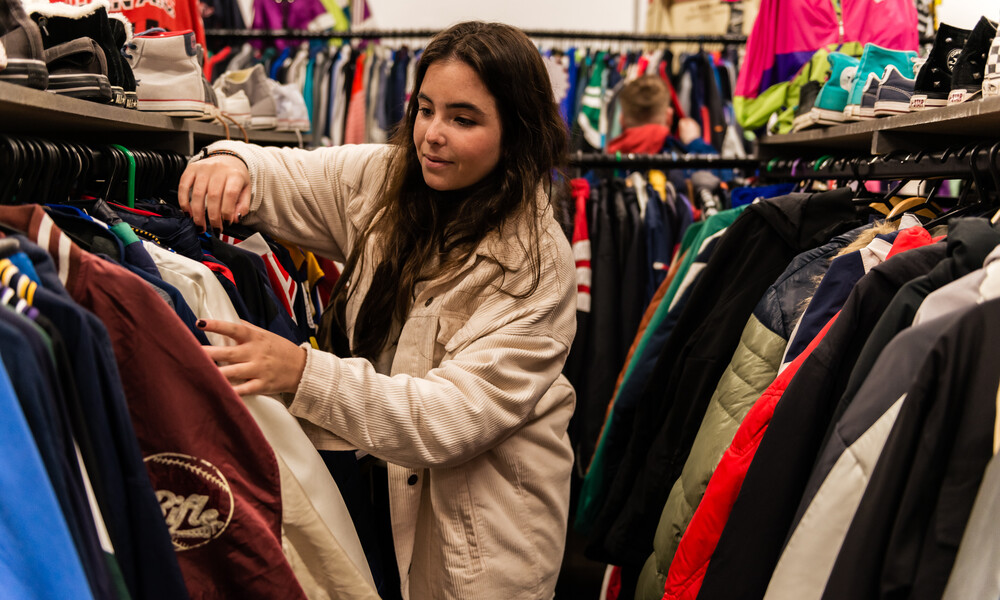
Goal 12 - Responsible Consumption and Production
Ensure responsible production and sustainable consumption

Research
Lancaster University Management School hosted the Opening the Bin 3 conference that assembled some of the world’s leading experts to share best practice waste issues. Social science and humanities academics, in company with industry practitioners from Kenya and Lancashire, discussed issues ranging from ocean plastics to the circular economy, household recycling behaviour, waste work to waste disposal regulation.
Laboratory Efficiency Assessment Framework (LEAF)
Thirteen research and teaching labs at Lancaster have been accredited with the Bronze LEAF award so far, which recognises sustainability in waste, people management, and purchasing.
Lancaster University researchers along with the Environment Agency and other university partners are working to tackle the amount of soil that finds its way into landfill each year with a series of policy recommendations and the introduction of a soil reuse and storage system, including soil ‘hotels’ and ‘hospitals’. Soil is a limited, non-renewable resource and underpins a plethora of vital ecosystem services essential to climate control, water quality, nutrient cycling and more.

Teaching
Consumer Culture
Responsible consumption and sustainable behaviour is embedded into teaching modules across the University. For example, our has a module on Consumer Culture that looks at advertising and how this impacts consumption behaviour and shopping culture.
.jpg)
Campus life
ReStore Lancaster - ReStore Lancaster is a partnership between Lancaster University and local charity, St John’s Hospice. The sustainable shop is a combination of a charity shop with donated items for sale, alongside selling affordable and eco-friendly products to the campus community.
Don’t Ditch It - Every year the Don’t Ditch It project collects unwanted items from students across campus and diverts them from landfill to be repurposed and resold in our ReStore Lancaster shop. New students or returning students are then able to buy preloved home items, donated by students, at a heavily discounted price.
Preloved books
Lancaster University Library uses companies including Anybook and Better World Books to resell or recycle withdrawn library stock. Students can also find free books around campus at our book swap areas.

